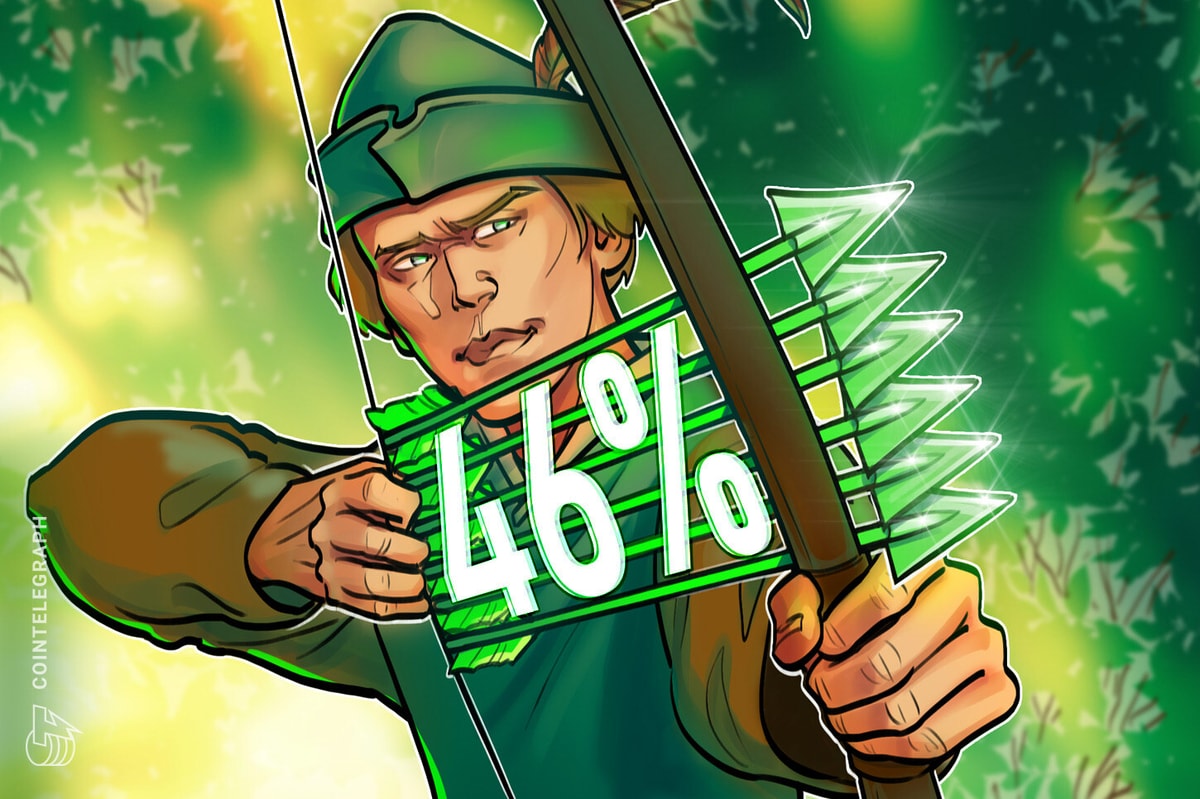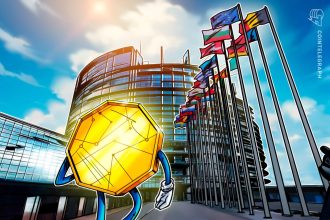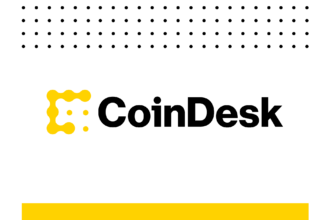Robinhood reported a significant year-over-year increase in crypto revenue during its second quarter, reaching $160 million and marking a 98% jump. CEO Vlad Tenev reaffirmed the company’s ambitions to lead the burgeoning real-world asset tokenization market in the United States and abroad, following notable developments including a strategic acquisition and tokenization platform introductions.
Total net revenue climbed 45% year-over-year to $989 million, while net income surged by 105% to $386 million, according to Robinhood’s earnings report released on Wednesday. Despite exceeding Wall Street expectations, the company’s shares saw slight retracement during after-hours trading.
Crypto trading volumes also saw growth, increasing 32% compared to the previous year to reach $28 billion during the quarter, coinciding with a 21.7% expansion of the overall crypto market capitalization to $3.36 trillion.
Robinhood Aims to Democratize Access to Real-World Assets
“We believe tokenization is the biggest innovation our industry has seen in the past decade,” stated CEO Vlad Tenev. Earlier that month, Robinhood introduced a tokenization-focused Layer 2 blockchain – the Robinhood Chain – for stock trading in Europe.
Tenev emphasized that Robinhood’s strategic focus in the U.S. will center on tokenizing “previously inaccessible” alternative assets, specifically targeting private markets, including private shares, venture capital funds, and real estate. This transition aims to lower barriers for retail investors to participate in these typically exclusive asset classes through regulatory collaboration.
The ambition draws from Robinhood’s considerable user base and assets under custody, asserting capabilities not yet replicated by competitors.
Recent Acquisition Bolsters Tokenization Drive
This initiative is backed by Robinhood’s $200 million acquisition of crypto exchange Bitstamp, which Tenev indicated is expected to play a vital role in furthering the company’s tokenization strategy in the months ahead.
Mixed Response: Strong Developer Interest vs. Regulatory Scrutiny
Following Tenev’s Cannes announcement, the platform garnered substantial developer interest. CEO remarks highlighted numerous contacts seeking to partner for tokenizing company assets or integrating real-world asset tokenization. Developers also expressed keenness for tokenizing shares analogous to those issued by tech giants like OpenAI and SpaceX.
“Since our event, we’ve just got lots and lots of calls from developers that either want to tokenize the shares of their own companies or otherwise jump on the tokenization of real-world assets revolution and partner with us.”
However, Robinhood’s tokenization efforts have drawn over-regulation scrutiny, notably a legal inquiry in Lithuania, and issued warnings regarding the nature of its OpenAI token, with the company clarifying it does not represent actual equity stakes.
Competitive Differentiation: Leverage Existing User Base
When queried about Robinhood’s competitive edge in tokenization relative to standard public blockchains, Tenev cited its established user base and trusted custody operations:
“[That] going to be very, very difficult for others to replicate,” he argued. “There’s a lot of chains out there that want to build the best chain for degen traders, but I think the opportunity for real-world assets and the unique characteristics that they have […] I don’t think anyone else is tackling as directly.”
While public chains like Ethereum currently dominate RWA tokenization, with nearly $7 billion worth of assets secured on its platform, Robinhood contends its approach offers distinct advantages focused on regulated environments and a secure transition from established financial systems.












